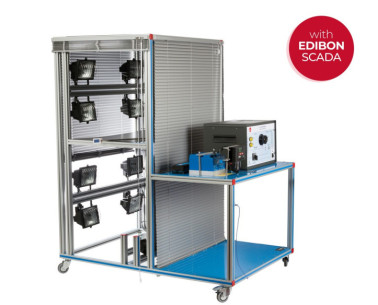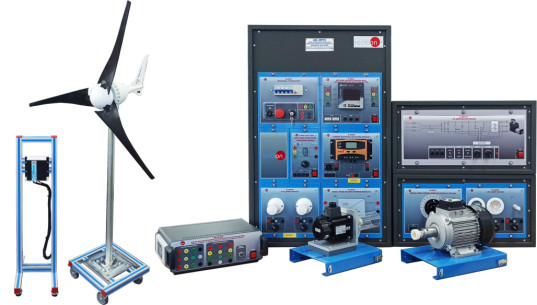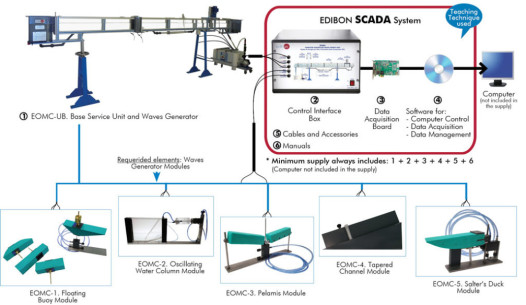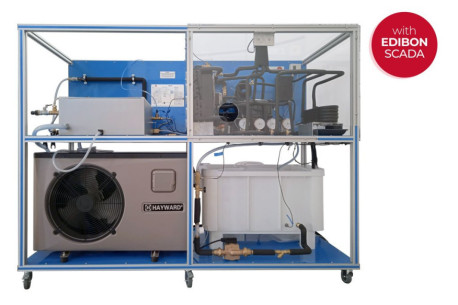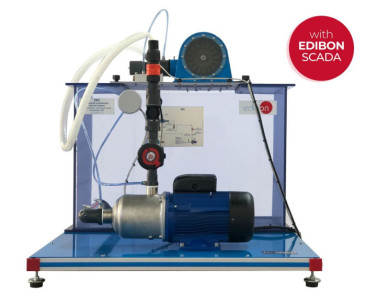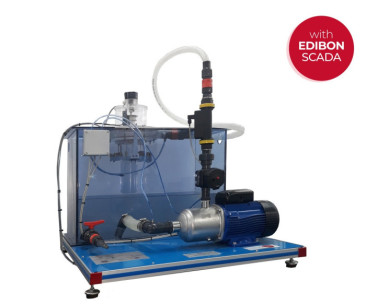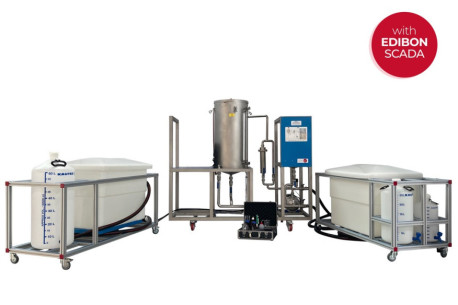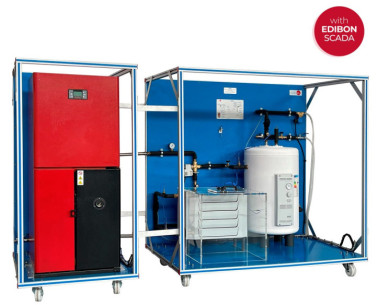- Accueil
- Produits
- 1.- PHYSIQUE
- PROGRAMMES ACADÉMIQUES
- ENSEIGNEMENT TECHNIQUE SUPÉRIEUR
- INGÉNIERIE ALIMENTAIRE
- INGÉNIERIE TOPOGRAPHIQUE
- GÉOLOGIE
- INGÉNIERIE FORESTIÈRE
- GÉNIE DE L'ENVIRONNEMENT
- INGÉNIERIE ÉCOLOGIQUE
- INGÉNIERIE TEXTILE
- INGÉNIERIE POUR LES INDUSTRIES AGRICOLES
- INGÉNIERIE MÉCANIQUE
- CHIMIE
- INGÉNIERIE CHIMIQUE
- GÉNIE DES PROCÉDÉS
- GÉNIE GÉOLOGIQUE, MINIER ET PETROLIER
- CENTRE DE FORMATION AU PETROLE
- INGÉNIERIE NAVAL
- INGÉNIERIE AGRICOLE
- INGÉNIERIE ÉLECTRONIQUE
- ARCHITECTURE
- SCIENCE INFORMATIQUE
- INGÉNIERIE AUTOMATIQUE
- INGÉNIERIE ENERGÉTIQUE
- CENTRE DE FORMATION EN ÉNERGÉTIQUE
- INGÉNIERIE ÉLECTRIQUE
- INGÉNIERIE DES SYSTÈMES
- INGÉNIERIE AÉRONAUTIQUE
- INGÉNIERIE DE LA MER ET SCIENCES MARINES
- PHYSIQUE
- INGÉNIERIE INDUSTRIELLE
- CENTRE INTERNATIONAL DE FORMATION TECHNIQUE, DE DÉVELOPPEMENT ET DE RECHERCHE
- INGÉNIERIE DES MATÉRIAUX
- INGÉNIERIE MÉTALLURGIQUE
- GÉNIE CIVIL
- L'INGÉNIERIE DES TÉLÉCOMMUNICATIONS
- ÉCOLES TECHNIQUES
- ENSEIGNEMENT TECHNIQUE SUPÉRIEUR
- 2.- ÉLECTRONIQUE
- 3.- COMMUNICATIONS
- 4.- ÉLECTRICITÉ
- 5.- ÉNERGIE
- 5.1.- RÉSEAUX INTELLIGENTS ET SYSTÈMES D'ALIMENTATION
- 5.2.- MICRORÉSEAUX
- 5.3.- ÉNERGIES RENOUVELABLES
- 5.3.1.- ENERGIE SOLAIRE PHOTOVOLTAÏQUE
- 5.3.2.- ÉNERGIE SOLAIRE THERMIQUE
- 5.3.3.- ÉNERGIE ÉOLIENNE
- 5.3.4.- ENERGIE MARINE
- 5.3.5.- ÉNERGIE GÉOTHERMIQUE
- 5.3.6.- ÉNERGIE HYDRAULIQUE
- 5.3.7.- BIOCARBURANTS
- 5.3.8.- SYSTÈMES D'ACCUMULATION
- 5.3.9.- PILES À COMBUSTIBLE HYDROGÈNE
- 5.3.10.- TURBINES À VAPEUR ET CYCLES ORGANIQUES RANKINE
- 5.3.11.- AUTRES SYSTÈMES NON CONVENTIONNELS
- 5.4.- ÉNERGIES CONVENTIONNELLES
- 5.5.- STOCKAGE DE L'ÉNERGIE
- 5.6.- SYSTÈMES DE PROTECTION ÉLECTRIQUE ET HAUTE TENSION
- 5.7.- INSTALLATIONS ET MAINTENANCE
- 6.- MÉCATRONIQUE, AUTOMATISME ET COMPUMECHATRONIQUE
- 7.- MÉCANIQUE
- 8.- MÉCANIQUE DES FLUIDES
- 9.- THERMODYNAMIQUE ET THERMOTECHNIQUE
- 9.1.- FONDEMENTS ET CONCEPTS FONDAMENTAUX DE LA THERMODYNAMIQUE
- 9.2.- CHAUFFAGE, VENTILATION, CLIMATISATION ET EAU CHAUDE
- 9.3.- POMPES À CHALEUR
- 9.4.- RÉFRIGÉRATION
- 9.5.- SYSTÈME DE TUYAUTERIE HYDRAULIQUE THERMIQUE
- 9.6.- TRANSFERT DE CHALEUR
- 9.7.- ÉCHANGEURS DE CHALEUR
- 9.8.- MACHINES THERMIQUES
- 9.9.- MOTEURS À COMBUSTION INTERNE
- 9.10.- INSTALLATIONS ET MAINTENANCE
- 10.- CONTRÔLE DE PROCESSUS
- 11.- INGÉNIERIE CHIMIQUE
- 11.1.- UNITÉ D'OPÉRATIONS
- 11.1.1.- FLUIDISATION
- 11.1.2.- ÉVAPORATION
- 11.1.3.- ÉBULLITION
- 11.1.4.- DISTILLATION ET FISSURATION
- 11.1.5.- EXTRACTION
- 11.1.6.- DIFFUSION
- 11.1.7.- SÉCHAGE ET REFROIDISSEMENT
- 11.1.8.- ABSORPTION ET ADSORPTION
- 11.1.9.- ECHANGE D'IONS ET CORROSION
- 11.1.10.- CRISTALLISATION ET PYROLYSE
- 11.1.11.- FILTRATION, SÉDIMENTATION ET MÉLANGE
- 11.1.12.- TRAITEMENT DES SOLIDES
- 11.2.- REACTEURS CHIMIQUES
- 11.1.- UNITÉ D'OPÉRATIONS
- 12.- TECHNOLOGIE DE L'EAU ET DES ALIMENTS
- 13.- ENVIRONNEMENT
- 14.- GÉNIE BIOMÉDICAL
- 14.1.- BIOMECANIQUE
- 14.1.1.- PRINCIPES DE BASE MÉCANIQUE
- 14.1.2.- MACHINES SIMPLES
- 14.1.3.- STATIQUE ET DYNAMIQUE
- 14.1.4.- VIBRATIONS ET OSCILLATIONS
- 14.1.5.- TRIBOLOGIE (FRICTION, USURE, LUBRIFICATION)
- 14.1.6.- MÉCANIQUE DES STRUCTURES
- 14.1.7.- PHOTOÉLASTICITÉ ET MESURE DE DÉFORMATION
- 14.1.8.- ESSAIS MÉCANIQUES
- 14.1.9.- TESTS THERMIQUES ET ACOUSTIQUES
- 14.2.- ÉLECTRONIQUE BIOMÉDICAL
- 14.3.- ÉQUIPEMENT BIOMÉDICAL
- 14.1.- BIOMECANIQUE
- ACCESSOIRES POUR LABORATOIRE
- USINES PILOTES SUR MESURE
- MODULES
- EXPANSIONS
- LABORATOIRES
- USINES PILOTES
- Activités
- Quotidien
- Projets
- Laboratories Complets
- Projets Clés en Main d'Éducation Technique (TKP)
- Enseignement Technique à Distance (ECL)
- Usines Pilotes et Unités sur Mesure
- Cours Techniques
- Accompagnement et Conseils sur mis en place de Projets Complets
- Constructeur de Bâtiments pour L'Éducation Technique
- Unités sur Mesure
- Usines Pilotes
- Technologie
- Ressources
- À propos de nous
- Actualités
- Nous contacter
Renewable energies in trend
Types of renewable energies:
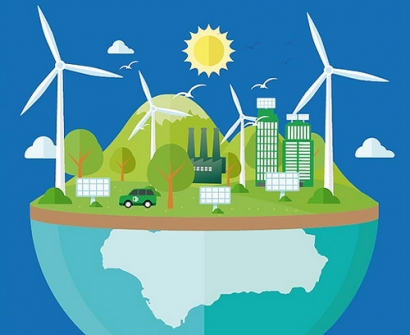
Advantages of renewable energies:
Furthermore, renewable energy sources, unlike fossil fuels, are unlimited, their use is much safer for human health and they are much easier to dismantle, as they do not generate hazardous waste. Finally, renewable energies help countries to become energy self-sufficient, and therefore reduce their economic dependence on foreign countries and help their economic development since all countries have sources that can generate renewable energy.
One of the most important renewable energies is green hydrogen. You can learn more about this type of energy in our previous post.
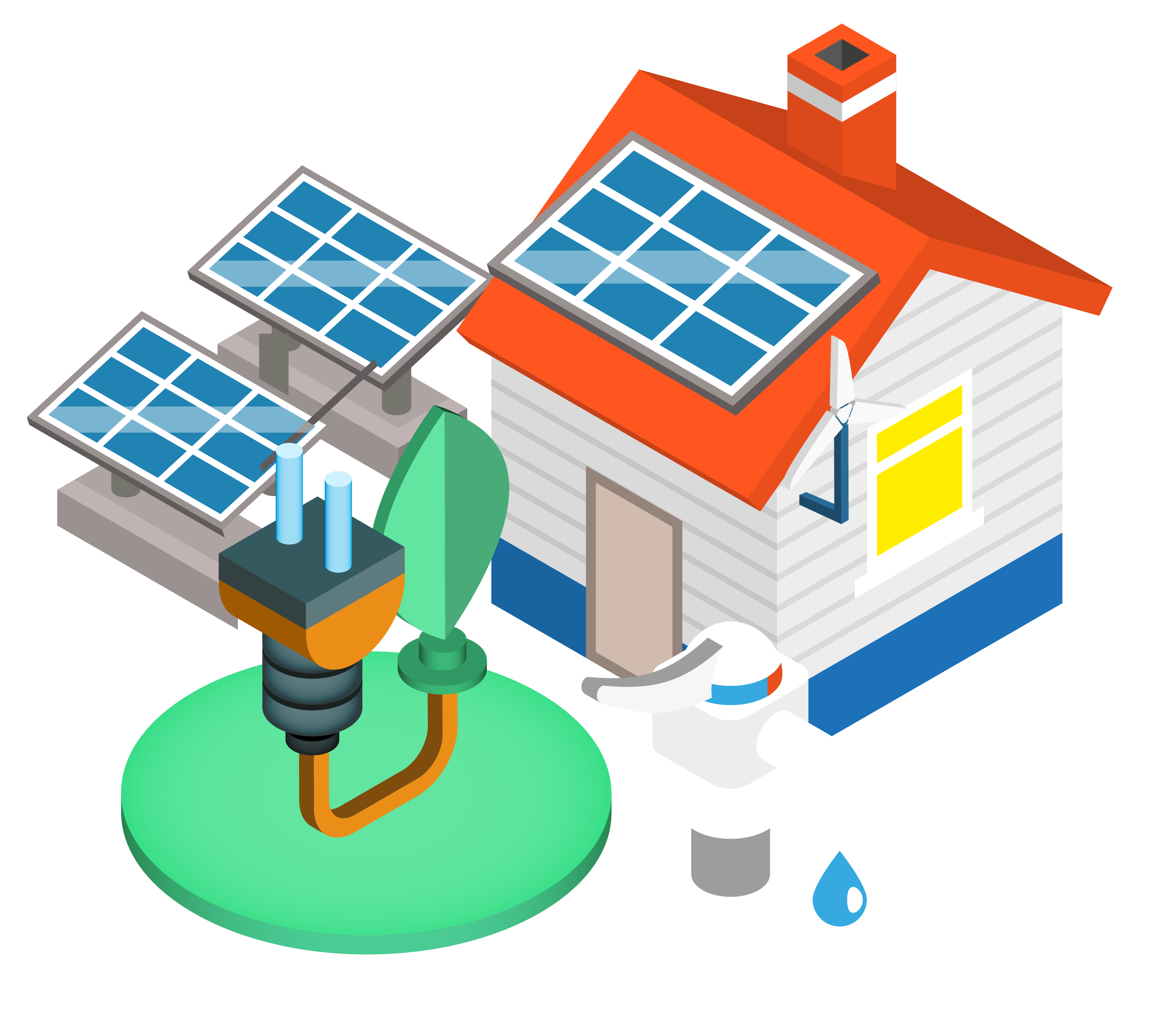
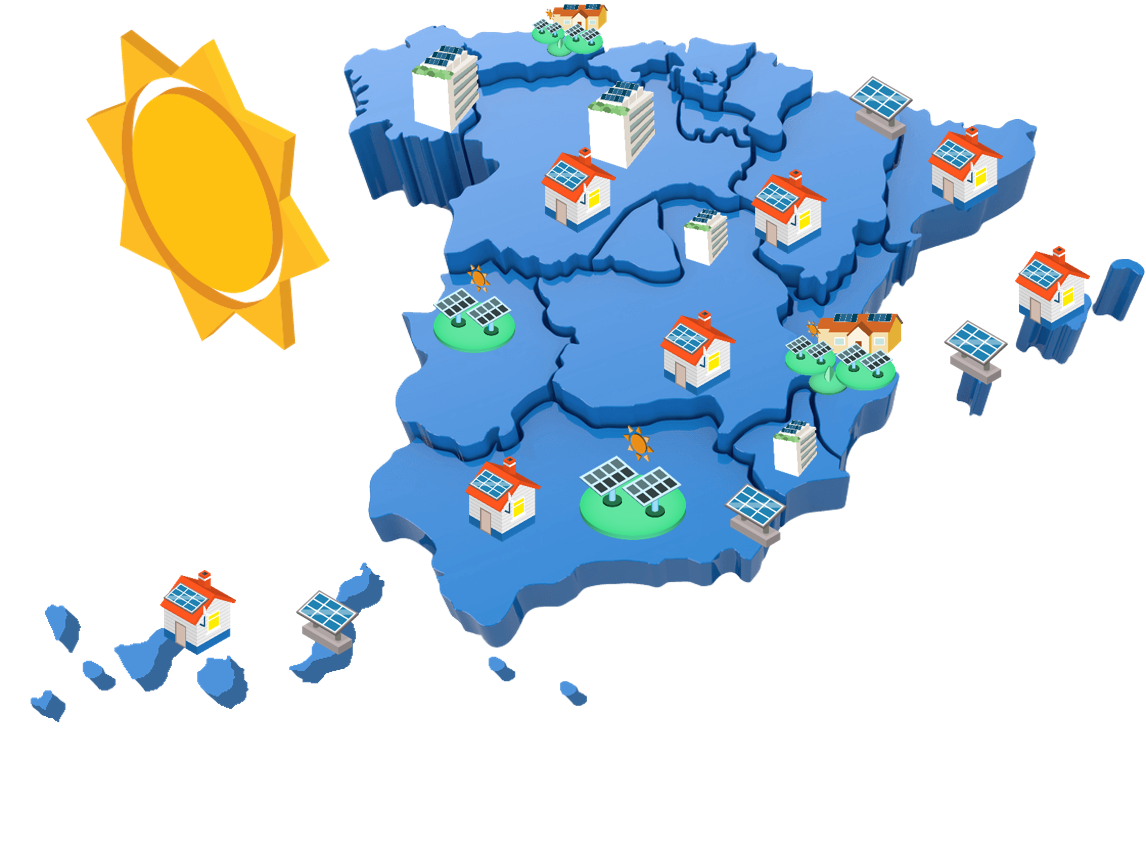
EDIBON AND RENEWABLE ENERGIES:
EDIBON, thanks to its experience of more than 45 years in educational equipment, is firmly committed to the implementation of these forms of energy, as demonstrated by the more than 60 educational equipment that explains the fundamental theoretical principles, as well as the real operation, of all the renewable energy generation systems developed.
These include the EESFC, for photovoltaic solar energy, the EEST, for solar thermal energy, the AEL-WPTC for wind energy, the EOMC, for marine energy, the EG5C, for geothermal energy, the TPC or the TFC, for hydraulic energy, the EBDC or the EBMC, for biofuel synthesis.
 Préférences sur les cookies
Préférences sur les cookies

